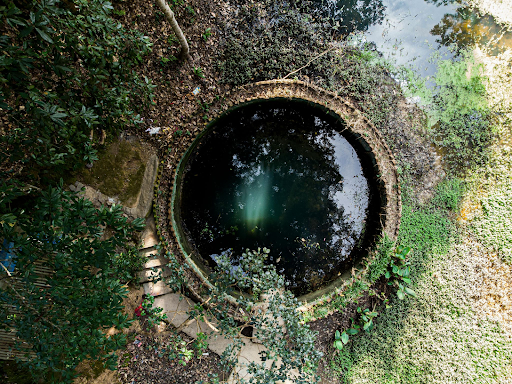3 Potential Problems With Well Water In Tennessee
Every human deserves uncontaminated, wholesome drinking water, a fundamental right that is paradoxically crucial yet overlooked. However, for several residents within the borders of Tennessee, this indispensable necessity can, alarming as it sounds, represent a hidden danger. Relying primarily on private wells, these homeowners might be unwittingly consuming water fraught with concealed health risks. This article delves into the three primary concerns related to well water consumption in Tennessee, illuminating why tackling these issues is imperative for both public health and environmental conservation.
Unmasking The Obscure Peril: The Sulfur Complexity
Tennessee’s well water conceals hidden health hazards, most notably, an excess of sulfur. This element, generally harmless, transforms into a potential threat at higher quantities. Hydrogen sulfide, a gas with an unmistakable “rotten egg” odor, is a common sulfur derivative invading well water. Though innocuous at lower levels, it can induce gastric discomfort and, in severe instances, respiratory ramifications. So it’s best to remove sulfur from well water.
Furthermore, sulfur-loving bacteria can instigate the formation of biofilm within water systems, acting as a haven for other noxious bacteria, escalating the health risks. Acknowledging these submerged threats, often dismissed due to the misconceived purity of well water, is crucial. Employing regular checks and efficient filtration systems can effectively curtail these inherent risks.
The Ripple Effect: Contamination Worries
Tennessee’s distinct geological landscape, replete with limestone bedrock and bountiful natural aquifers, makes it exceedingly susceptible to groundwater contamination. Private wells, though economical and direct water sources, are threatened by diverse pollutants originating from agriculture, industrialization, and natural sources.
Runoff from agricultural areas, with its load of pesticides, fertilizers, and animal waste, is a major worry, as these substances might infiltrate groundwater reserves. Industrial activities, especially in manufacturing and mining zones, can also yield contamination by leaching out heavy metals and chemicals. Alongside this, natural minerals, including sulfur, can also degrade water quality.
Comprehending these risks is indispensable for environmental enthusiasts and vigilant homeowners. Implementing preventive strategies like appropriate well construction, routine water checks, and capitalizing on progressive filtration systems can considerably decrease the possibility of contamination.
Unraveling Myths: Increasing Awareness
A widespread misbelief amongst homeowners is the purported purity of private well water, presumably untouched by human activities. However, this understanding is often far from reality, especially for regions dominated by agricultural and industrial pursuits.
Public enlightenment campaigns and education programs play a fundamental role in dismantling these misconceptions. Homeowners necessitate awareness about the significance of periodic water checks, the health hazards of untreated well water, and the measures they can employ to secure a safe, pollutant-free water supply.While private wells serve as a vital water source for numerous households in Tennessee, the potential health threats and environmental implications cannot be disregarded.
The first step towards safety is deciphering the covert dangers of sulfur, the unique contamination risks posed by Tennessee’s geological topography, and debunking prevalent misconceptions. Regular checks and efficient filtration systems are necessary investments towards safeguarding not just individual health, but the communal well-being.
For further insight into well water safety and best practices, consider engaging with local environmental bodies or water quality experts. Proactivity and awareness are our most effective shields against the camouflaged risks presented by well water in Tennessee.






